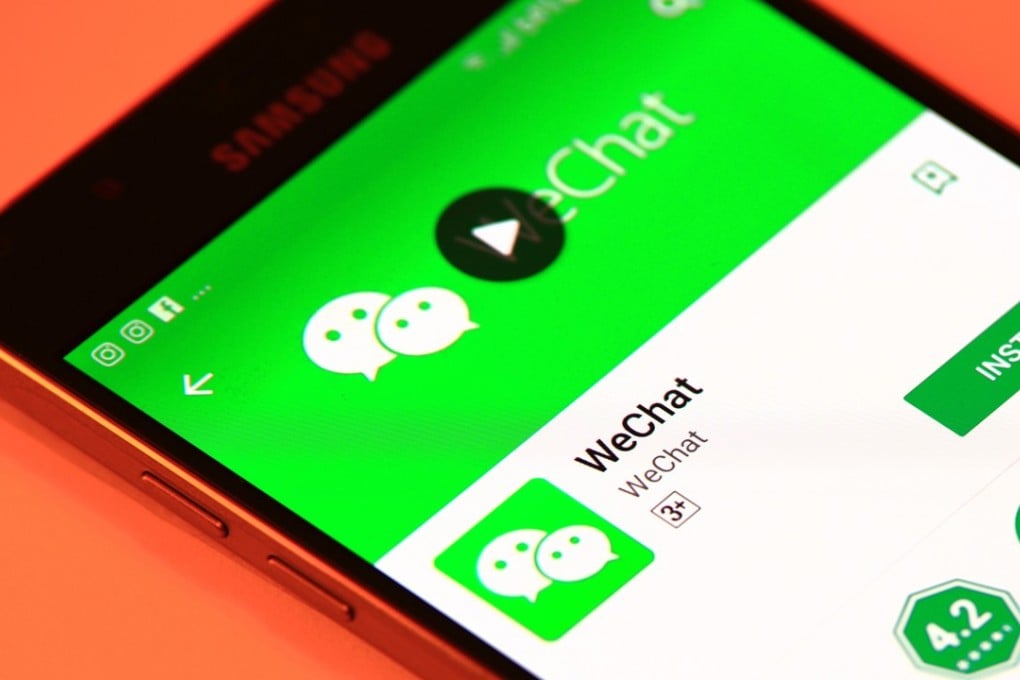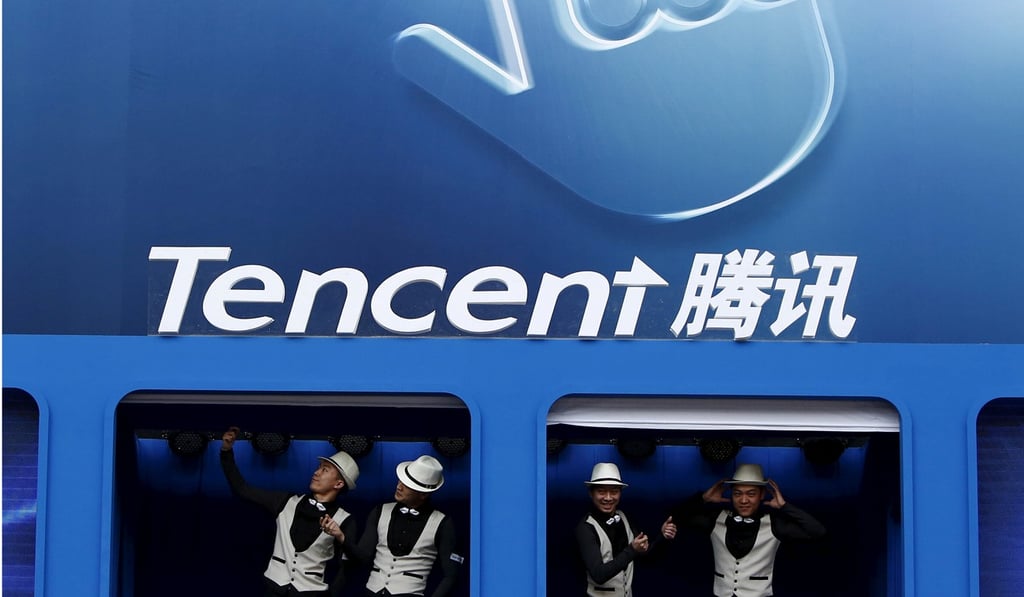Manga, mooncakes and monkeys: the curious world of China’s WeChat
- WeChat is one of the most versatile forms of social media
- It is much more than a messaging app: it acts as platform for everything else, including social sharing, payment, free video calls and a thousand other functions, but it comes with its own set of pitfalls

WeChat is one of the most versatile forms of social media in the world. Unlike China’s equivalent of Google, a search engine called Baidu which is stuck in 2001, WeChat is as good as anything in the US. Its messaging service is second only to WhatsApp, and has a user base of around a billion. But WeChat is much more than a messaging app: it acts as platform for everything else you might want to do, including social sharing (like Instagram), payment (like ApplePay), free video calls (Skype, FaceTime) and a thousand other functions. On my last trip to Shanghai, my mother-in-law used hers to unlock a bike. Even court proceedings have, at the judge’s request, used WeChat’s text and photo-sharing features for evidence submission.
How WeChat became China’s everyday mobile app

I have been using it for around five years, cautiously “adding” close friends and family at first until I now have hundreds of contacts, many of whom I can barely remember and who probably can’t remember me. Yet if they want to see my cats sitting by the fire, they can do so at the touch of a button in my “Moments”, and then they can “like” it – or perhaps start a conversation about how cosy it looks or how I’m ruining the environment. Their comments will only be seen by people who have “added” those same people to their own WeChat groups.
In reality you’re more likely to be exposed as a truant from work on Facebook than you are on WeChat. You can easily exclude people from your own group from seeing a particular post. Of course there’s always a risk that someone in your group will see a post in which you criticise your boss and then forward it to her – but snakes like that will get you one day anyway, even without WeChat.